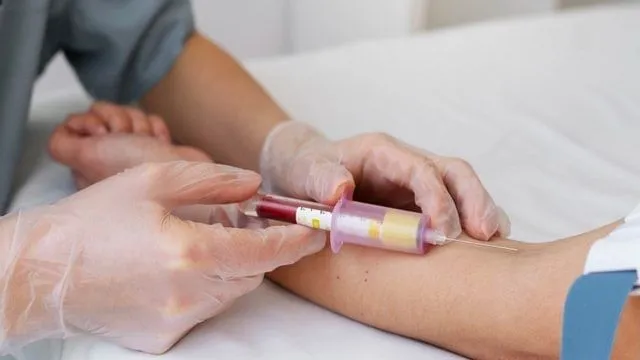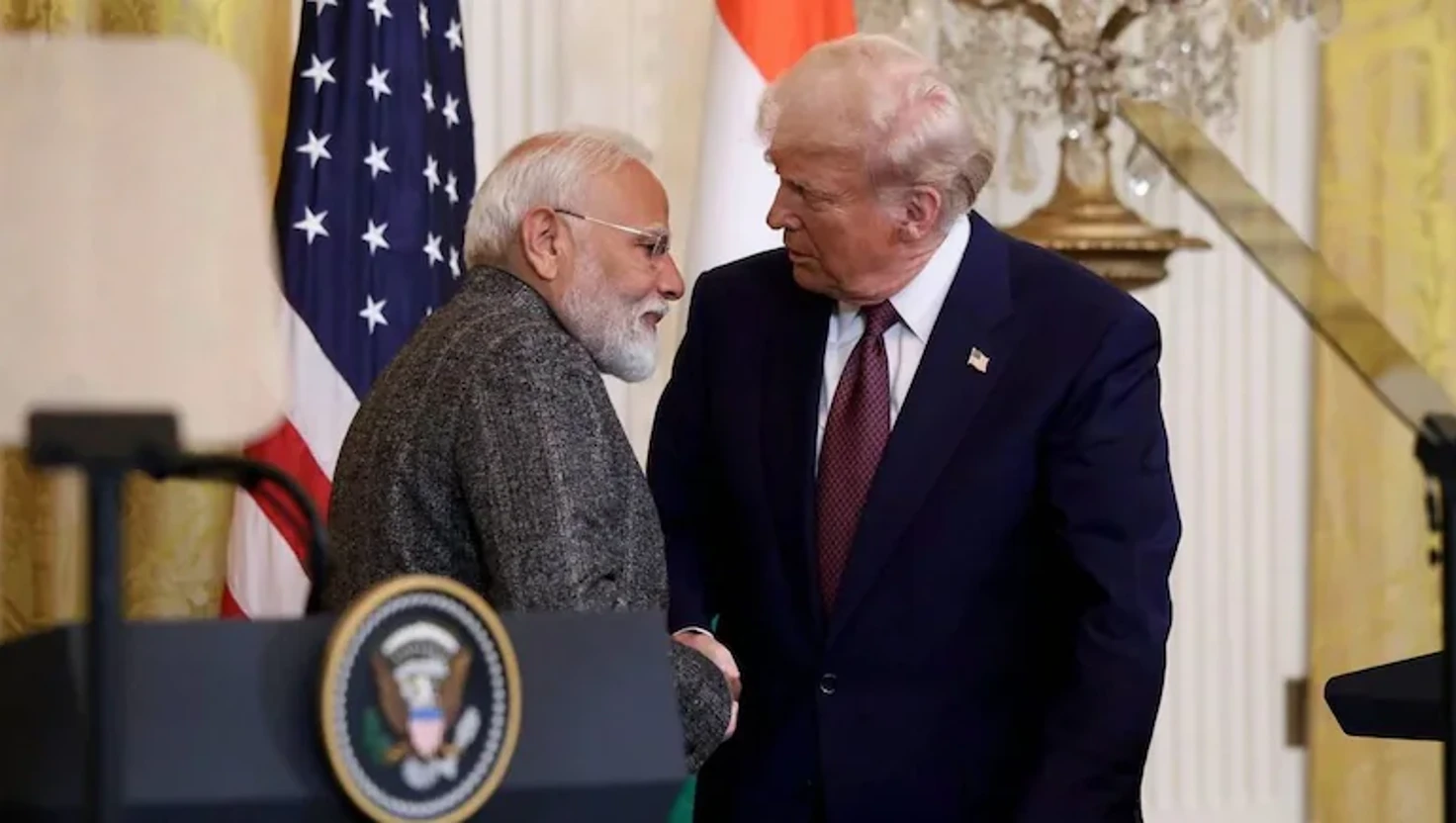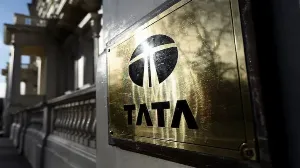Emerging Gene Therapy Offers New Hope Against High Cholesterol in India

India is experiencing a significant health shift, with rising cholesterol levels becoming prevalent across various age groups. Once predominantly a concern for older, affluent individuals, high cholesterol is now affecting nearly one in three Indians, according to medical professionals. This change is attributed to an increase in processed food consumption and more sedentary lifestyles in urban areas.
In response to the growing health crisis, many patients begin their treatment with statins, a well-known class of medications that lower low-density lipoprotein (LDL) cholesterol. A recent report from the Wall Street Journal has highlighted the emergence of alternatives to statins, including innovative gene-editing technologies currently under trial in the United States. While India is a major producer of affordable generic statins, newer, more expensive injectable therapies are gradually making their way into the market.
Dr Vikas Kataria, Senior Consulting Cardiologist and Head of Arrhythmia Services at Holy Family Hospital in Delhi, stated, "Decades of research and clinical trials demonstrate that statins effectively lower LDL cholesterol and reduce the risk of heart attacks, strokes, and mortality. This is why they remain the first-line treatment choice."
Statins function by inhibiting an enzyme in the liver that plays a crucial role in cholesterol production. Dr Ripen Gupta, Principal Director and Unit Head of Cardiac Sciences at Max Hospitals, elaborated, "Seventy to eighty percent of cholesterol is produced by the liver, which acts as the body's primary factory for cholesterol synthesis."
However, medical professionals emphasise that patients are not prescribed medication immediately. Dr Gupta explained, "We assess the underlying cardiovascular risk, particularly the likelihood of a cardiovascular event occurring within the next decade. For patients with a history of heart disease or high cholesterol levels, statins are typically prescribed."
Recent clinical trials have shown promising results for gene-editing therapies. A Phase 1 trial conducted by CRISPR Therapeutics, a Swiss-American biotechnology company, demonstrated an impressive 49% reduction in cholesterol levels over a two-month period, alongside a 55% decrease in triglyceride levels. A preventive cardiologist remarked, "The goal is to develop a 'one-and-done' solution for cholesterol management, potentially eliminating the need for daily medication."
The condition of dyslipidemia, characterised by high triglycerides and cholesterol levels, is becoming increasingly common in India. Dr Kataria remarked, "This represents a significant challenge for cardiovascular health in the country."
For patients unable to tolerate statins, alternative medications may be prescribed. Bempedoic acid can be used when patients experience allergic reactions or severe side effects from statins, while ezetimibe works to reduce the absorption of cholesterol in the intestines. However, Dr Gupta cautioned that these alternatives may not be as effective as statins.
India also has access to advanced injectable treatments such as Inclisiran, which is administered twice a year and operates through genetic silencing to inhibit the production of the PCSK9 protein. Despite their potential, these therapies are prohibitively expensive, costing between 200,000 to 300,000 Indian Rupees annually, making them inaccessible for most patients.
Dr Gupta emphasised, "These advanced treatments are not intended to replace statins but should be considered as complementary options in addition to statin therapy."
The conversation around cholesterol management has intensified in light of a recent recall in the United States of 100,000 bottles of statins due to concerns over dissolution specifications. Although this recall does not pose an immediate threat to global supply chains, it raises questions about the quality and efficacy of statins, particularly those produced in India, which is a major supplier of generics for both domestic and international markets. Any scrutiny regarding statins could have significant implications for patients and the global market.
As India navigates these challenges, both traditional and innovative strategies will be essential in the fight against rising cholesterol levels and the associated cardiovascular risks.

Delhi Blast Investigation Links Detonators to Faridabad Terror Module

US and India Trade Agreement Progresses with Expected Tariff Reductions

Microsoft to Introduce Haptic Feedback for Windows 11 Trackpads

OnePlus 15 Unboxing Ahead of Indian Launch on November 13





